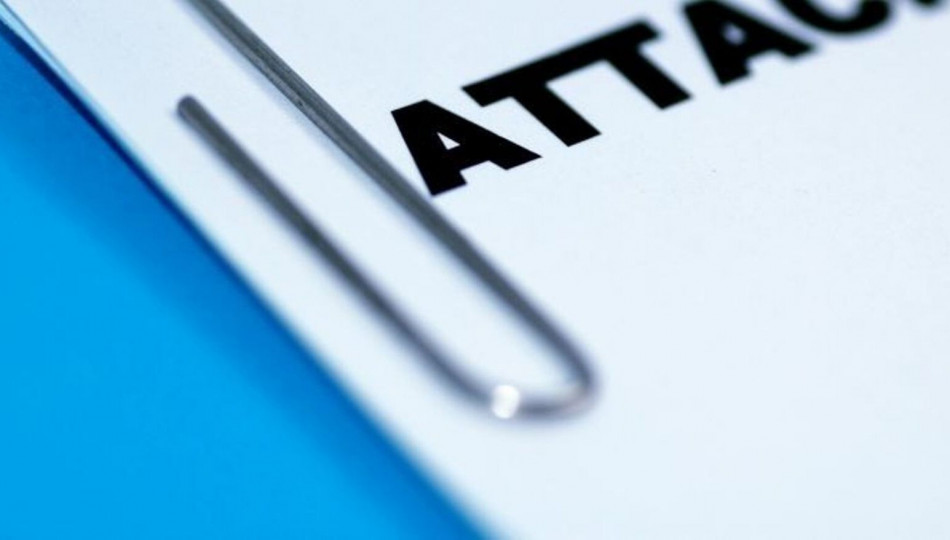Work permits in Poland

Editor

related articles
I need to obtain one if…
… I want to work in Poland. This document allows any foreigner to undertake legal work in this country. It is issued for one job only, so if you obtain a work permit, you are legally obliged to use it only for performing tasks indicated in the application form. While changing jobs, you will need to apply for a new work permit. Please bear in mind that this document is valid only for a fixed period of time, which cannot be longer than two years.
Do I even need it?
Not always. There are a lot of different scenarios for people willing to work in Poland, but we will discuss the most common ones. First and foremost, foreigners are not obliged to obtain work permits if they come from the European Union (plus Norway, Liechtenstein and Iceland). This also applies to individuals holding an EU long-term residence card issued by the Polish authorities. Moreover, if you possess a permanent residence permit, you can rest assured that you will not need any work permits. When it comes to temporary residence permits, the situation is similar as long as it is specified in your document that you can start legal work in Poland. Many of our Eastern neighbours will be relieved to hear that the Pole's Card’s holders also are not obliged to obtain work permits. The same applies to citizens of Armenia, Belarus, Georgia, Moldova and Ukraine who wish to work in Poland for a short period of time (up to 6 months in a year).The list includes also victims of human trafficking, refugees and other individuals protected by the Republic of Poland on special grounds. If you still have doubts about your status in this case, go ahead and contact your relevant voivode's office.
Which one to obtain?
There are five types of work permits:
- Type A – if you are employed either on the basis of employment contract or civil law contract by an employer with an office registered in Poland. This is the most popular work permit.
- Type B – if you are performing a board member function and residing in Poland for a total period that exceeds 6 months within a period of 12 subsequent months.
- Type C – if you are delegated to Poland by a foreign employer for a period that exceeds 30 days in a calendar year to work for the foreign employer’s subsidiary or branch.
- Type D – if you are delegated by a foreign employer to work in export services in an occasional and temporary manner. It is important that the foreign employer does not have a branch or subsidiary of its own in Poland.
- Type E – if you are undertaking work-related tasks which do not fall into any of the four categories above. This is, as you presume, the rarest type of a work permit.
How to apply for a work permit?
You may be relieved to hear that you do not apply for a work permit yourself – it is your employer’s duty to start the procedure. The authority responsible for issuing work permits is, as in the case of visas, the voivode’s office (a list of all 16 offices with their addresses). Your employer needs to deliver all necessary documents, which differ for each type of permit. You will find them listed on the website of the relevant voivode’s office. There is also a fee for issuing or extending a work permit: PLN 50 for a permit valid up to 3 months; PLN 100 for a longer period of time; PLN 200 if it is a type D work permit.
If you want to get a job in Poland, get going with all the things above and keep an eye on your employer - it is them who are responsible for your application. Good luck!
Photo source: FreeImages.com/doctor-a












